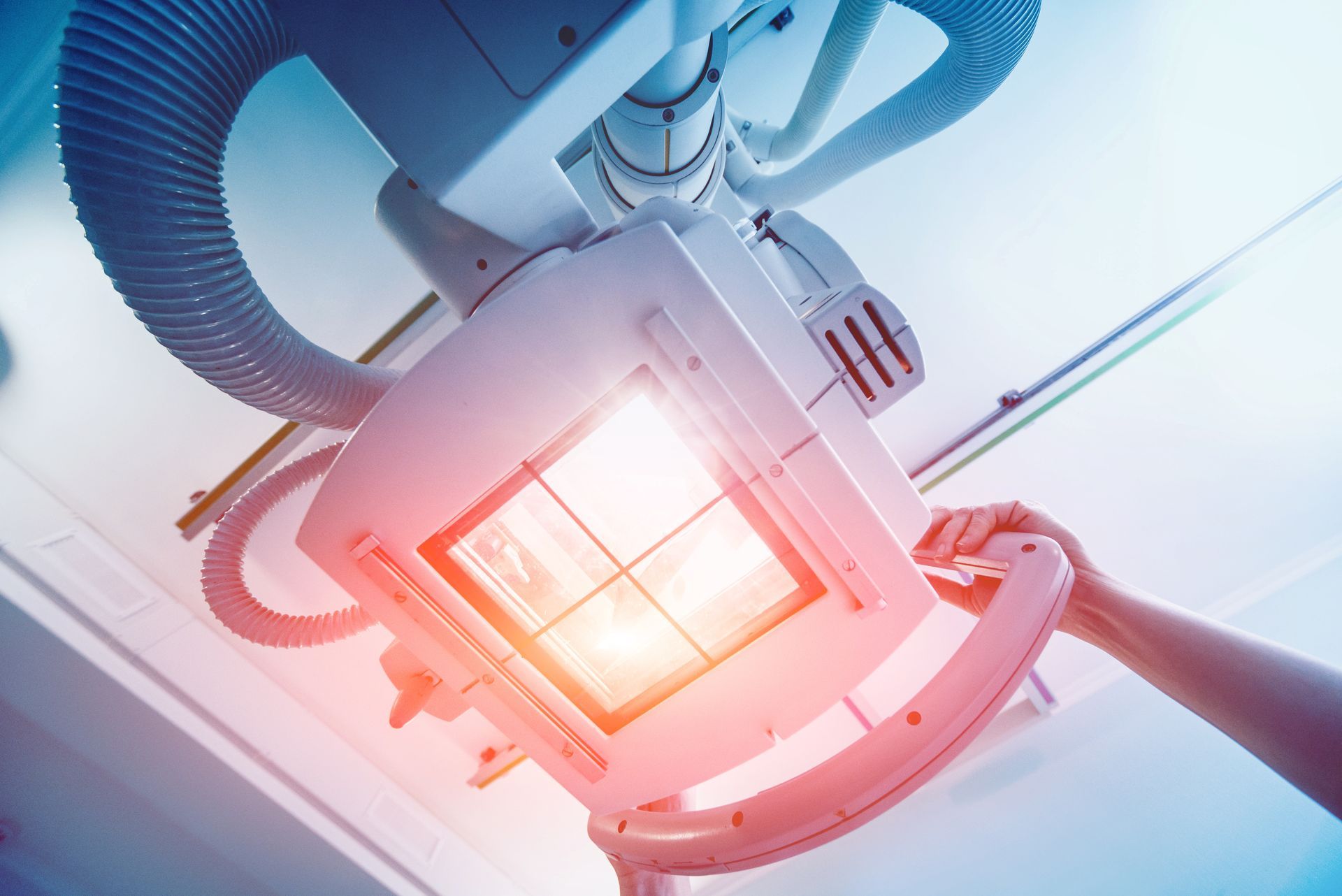Recent Posts
How Medical Imaging Supports Better Primary Care

When most people think about primary care, they picture routine checkups, vaccinations and conversations with their doctor about diet or lifestyle. While these are all important, another crucial part of comprehensive primary care is medical imaging. Although tools like X-rays, ultrasounds and advanced scans are used reactively to diagnose conditions after symptoms have occurred or screening tests have uncovered warning signs, medical imaging can also be used as preventive tools that allow primary care providers to look inside the body and identify issues before they become serious.
Why Imaging Matters in Primary Care
Primary care physicians are the first line of defense for most health concerns. Imaging gives them critical information that can:
- Detect problems early before symptoms become severe.
- Confirm or rule out conditions that may be suspected during a physical exam.
- Guide treatment decisions, from prescribing medications to referring you to a specialist.
- Track progress over time, ensuring that treatments are working effectively.
X-Rays
X-rays are one of the most common and widely used imaging tools in primary care. They provide quick, detailed images of bones and certain internal structures.
What They Detect
- Fractures and dislocations after injuries
- Signs of arthritis or osteoporosis
- Lung infections, such as pneumonia
- Chronic conditions like emphysema
Because X-rays are fast, affordable and low in radiation exposure, they’re often the first imaging step when something seems off. For example, if you go to your primary care provider with chest pain or a persistent cough, an X-ray can quickly help rule out or confirm serious conditions.
Ultrasounds
Ultrasound imaging uses sound waves to create real-time images of soft tissues, organs and blood flow. Unlike X-rays, ultrasounds don’t use radiation, making them safe for children, pregnant women and frequent use.
What They Detect
- Gallstones, kidney stones or liver abnormalities
- Thyroid nodules or cysts
- Heart function through echocardiograms
- Blood flow issues in veins and arteries
For primary care providers, ultrasounds are invaluable for investigating abdominal pain, monitoring pregnancy or identifying vascular problems before they lead to more serious complications.
CT Scans
A CT scan (computed tomography) combines multiple X-ray images to create detailed cross-sectional views of the body. It’s more advanced than a standard X-ray and provides a much clearer picture of complex conditions.
What They Detect
- Tumors and cancers at an early stage
- Blood clots, strokes or brain injuries
- Internal bleeding or organ damage after trauma
- Advanced bone or joint issues not visible on a regular X-ray
For primary care physicians, CT scans are often used when an X-ray or ultrasound raises questions but doesn’t provide enough detail. This step ensures patients receive accurate diagnoses and timely treatment.
Mammography and DEXA Scans
Primary care practices often coordinate essential screening tools like mammography and DEXA scans.
- Mammograms detect breast cancer early, often before a lump can be felt.
- DEXA scans measure bone density and help diagnose osteoporosis before fractures occur.
These tests are lifesaving because they allow preventive action, whether that’s lifestyle changes, medication or referrals to specialists.
How Imaging Enhances Preventive Care
Primary care isn’t just about treating illness; it’s about preventing it. Imaging supports this goal in several ways:
- Early detection: Imaging can reveal conditions like lung nodules, kidney stones or heart problems before symptoms appear.
- Baseline data: Imaging provides a “before” picture that can be compared with future scans to track changes.
- Peace of mind: Sometimes, imaging confirms there’s nothing wrong, which can be just as important for a patient’s well-being.
By integrating imaging into routine care, doctors can intervene earlier, saving patients from more invasive procedures and serious complications down the road.
The Patient Experience
Many patients feel anxious about imaging appointments, but most procedures are simple and painless. X-rays and ultrasounds are quick and are often completed in less than 30 minutes. Even more advanced scans like CTs are usually completed within an hour.
For nervous patients, the most reassuring thing to remember is that these tests are there to protect your health and provide answers. The information they uncover helps your primary care provider give you the best possible treatment plan.
The Houston Doctors and Medical Professionals at St. Hope Healthcare Use Every Tool Available to Provide Dependable, High-Quality Care
At St. Hope Healthcare, we know how important accurate, timely imaging is to your health. Our compassionate team coordinates X-rays, ultrasounds, CT scans and preventive screenings so you and your primary care provider can make informed decisions with confidence.
Call us at (713) 778-1300 to schedule your imaging appointment.









